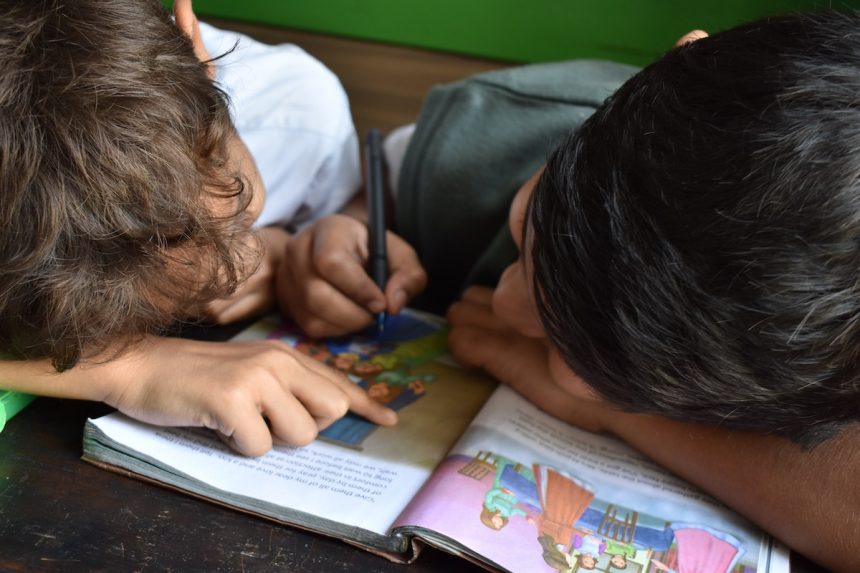In part one of this series, I discussed the importance of sticking to timed goals and why shorter is better. Over the years, I’ve realized that the old saying, “Less is more” is just as true in the home education realm as it is in others. If I am frustrated, or my child is – learning is compromised.
Education is broken into two categories of subjects: skill work and content acquisition.
We discussed skill work in part one. As a reminder, these should be the shortest intervals of the day’s learning. Skills build proficiency over time with repetitive use. Think about your kitchen knife skills, bike skills or typing skills. These are a result of years of practice, not overnight success.
Content acquisition should take longer intervals of time in your school day. This is because the child is absorbing and aggregating concepts, ideas and facts. Content subjects include history, geography, literature, science, the arts. These subjects are also ordered and referred to by where they lie on the timeline of human existence. The best way to understand and conceptualize these subjects is through story.
A compelling narrative draws us in, places us at that point of time where we experience the history and discovery that is being made.
Content subjects overlap with one another and also refer back to each other and skill work for full understanding. This is what makes a ‘living book’ and a ‘living education.’ Content work has longer timed intervals because these are either activity-oriented (hands on) or to be read aloud together.
While you can read all day and script activities and projects for your children, it is better to introduce the story in shorter time frames for purely digestive purposes. If you binge a book, that is enjoyable and fun, how much of the content can you repeat back that day, much less next week?
Keeping content subjects short keeps attention and then will leave the story open ended for the child to ingest and wonder about throughout the day, until the next installment.
You will see the story unfold in discussion with others or with you and often watch it be experimented with in their play. This is how the elementary child learns best, by having free time to run today’s discoveries through the filter of their imagination. So, keep lessons short and trust that learning is continuing all day long!




